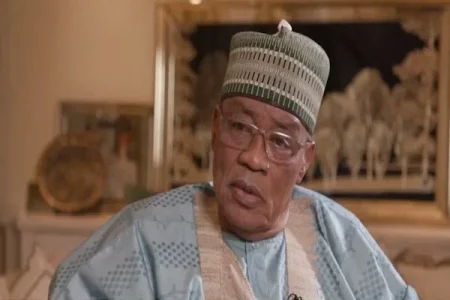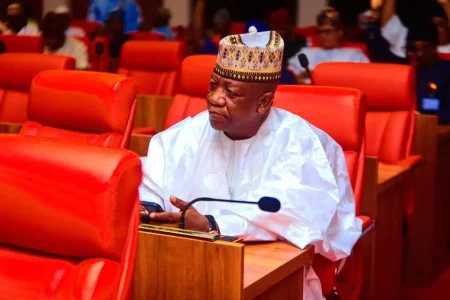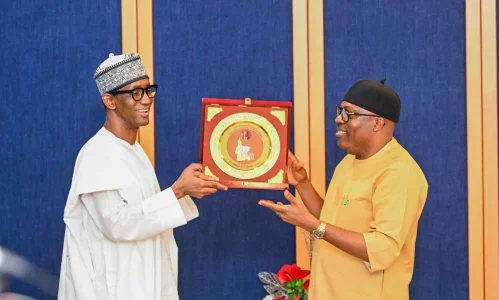
Former Nigerian military ruler Ibrahim Babangida (IBB) revealed in his autobiography A Journey in Service that he overthrew Muhammadu Buhari’s regime in 1985 due to authoritarian policies and internal military divisions. He criticized Buhari’s leadership style, citing draconian decrees and the need to restore national stability as key reasons for the coup.
Former Nigerian military ruler Ibrahim Badamasi Babangida (IBB) has revealed the reasons behind the 1985 coup that removed Muhammadu Buhari’s government. In his newly launched autobiography, A Journey in Service, Babangida disclosed that he became increasingly dissatisfied with Buhari’s leadership style, which he described as rigid and authoritarian. He criticized the administration’s “draconian decrees,” which he said curtailed fundamental human rights and instilled fear in the populace. IBB, who served as Chief of Army Staff under Buhari, stated that these policies alienated both the military and civilians, making a leadership change inevitable.
Babangida further explained that by early 1985, divisions had emerged within the military, threatening national stability. He argued that Buhari and his deputy, Tunde Idiagbon, ruled with a “holier-than-thou” attitude, isolating themselves from collective leadership. Concerned that the country was heading toward crisis, senior military officers unanimously decided to stage a bloodless coup on August 26, 1985, ushering Babangida into power.
Reflecting on the events, IBB maintained that the coup was necessary to “reconnect the government with society” and prevent the disintegration of the armed forces.




